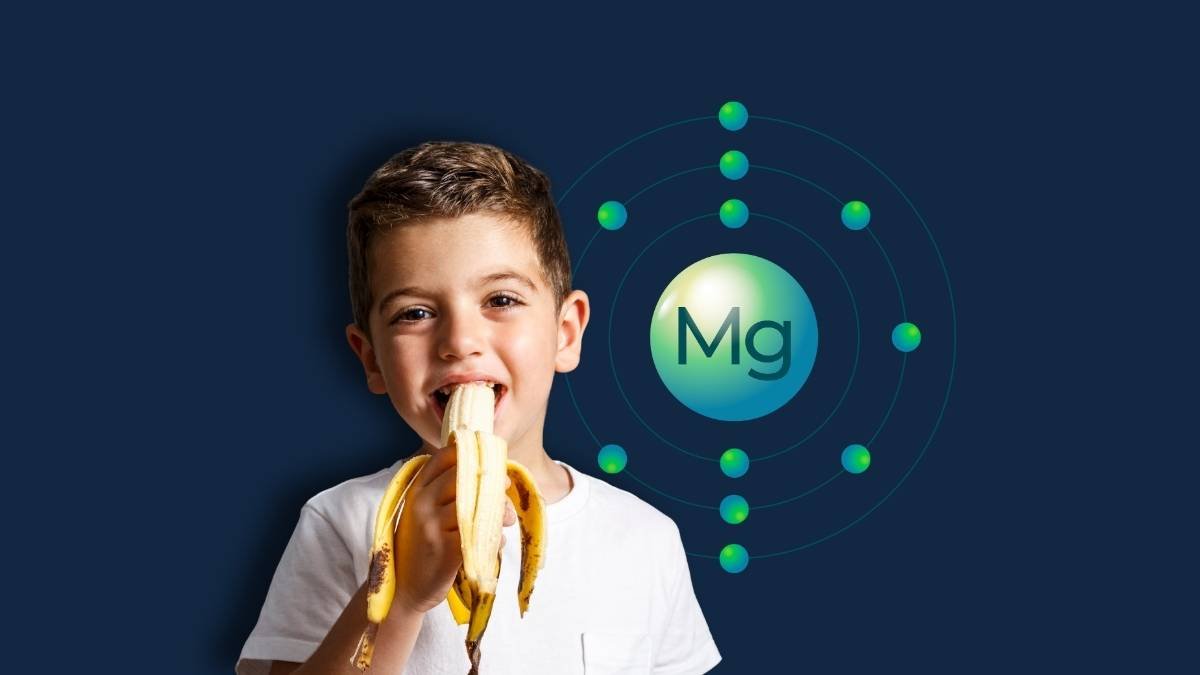Sluggish Cognitive Tempo and ADHD: Insights from Recent Research
Managing cognitive challenges can be daunting, but at Philadelphia Integrative Psychiatry, Dr. Danish and his team are committed to offering personalized care. By staying abreast of the latest research, they ensure that patients receive comprehensive treatment tailored to their unique needs. One area of focus is the distinction between, and overlap of, Sluggish Cognitive Tempo (SCT) and Attention-Deficit/Hyperactivity Disorder (ADHD), which has significant implications for treatment strategies.
The research article titled "The Deficit of Early Selective Attention in Adults With Sluggish Cognitive Tempo: In Comparison With Those With Attention-Deficit/Hyperactivity Disorder" by Yelin Park and Jang-Han Lee explores these differences. This study is crucial for understanding how SCT and ADHD impact cognitive processing, providing insights that can enhance therapeutic approaches at our practice.
Defining Sluggish Cognitive Tempo
SCT is characterized by symptoms such as slow information processing, distractibility, mental confusion, and hypoactivity. Initially considered a subtype of ADHD, SCT is now recognized as a distinct condition with unique cognitive and social functioning patterns. While both SCT and ADHD involve attentional issues, SCT is linked to problems in perceptual processes and attentional selection, whereas ADHD is associated with executive function deficits like response inhibition. The study applies load theory to explore how perceptual load affects selective attention in SCT and ADHD, aiming to identify specific cognitive mechanisms underlying these disorders.
How SCT and ADHD Differ in Cognitive Processing
Distinct Cognitive Characteristics:
Sluggish Cognitive Tempo (SCT) is marked by slow information processing, mental confusion, and reduced activity levels. It is increasingly recognized as a condition distinct from ADHD, with its own unique patterns of cognitive and social functioning.
In contrast, Attention-Deficit/Hyperactivity Disorder (ADHD) primarily involves deficits in executive functions, such as response inhibition, and is associated with issues in later stages of attentional processing.
There is considerable overlap between SCT and the inattentive subtype of ADHD, as many patients exhibit characteristics of both. However, not all individuals with the inattentive subtype of ADHD have SCT, and SCT can occur independently without symptoms of the ADHD inattentive subtype.
Study Findings:
The study involved 73 adults who were divided into three groups: those with Sluggish Cognitive Tempo (SCT), those with ADHD, and a control group. Participants completed tasks designed to measure early and late selective attention under varying levels of perceptual load. The results showed that individuals in the SCT group had slower reaction times, particularly under high perceptual load, suggesting deficits in early-stage selective attention.
In contrast, the ADHD group demonstrated inefficiencies in late-stage selective attention but showed improved performance when the perceptual load was high.
These findings indicate that SCT is more associated with early-stage attentional difficulties, while ADHD is linked to challenges in later stages of attentional processing.
Impact on Academic Functioning
Another study titled "Academic Functioning in Children with and without Sluggish Cognitive Tempo" highlights the academic challenges faced by children with SCT:
Academic Achievement: Children with SCT scored lower in reading comprehension, math fluency, and overall GPA.
Homework and Organization: Significant difficulties were reported in homework management and organizational skills.
Comorbidity with ADHD: Almost ⅔ of children with SCT also met criteria for ADHD, emphasizing the need for ruling out ADHD in patients who have SCT.
Implications for Treatment
Understanding these distinctions is vital for developing effective interventions. At Philadelphia Integrative Psychiatry, Dr. Danish often employs a range of both on-label and off-label ADHD treatments to address patients with clinically significant Sluggish Cognitive Tempo (SCT), achieving good success in most cases. Here’s how these and other non medication treatments are tailored:
For SCT: The focus is on simplifying tasks to improve early selective attention. This approach helps patients manage their symptoms by reducing cognitive overload and enhancing their ability to process information efficiently.
For ADHD: Increasing task complexity can enhance focus during late-stage processing. This strategy involves challenging the brain to engage more deeply with tasks, thereby improving attention and reducing impulsivity.
Medication Strategies: Dr. Danish utilizes a combination of stimulant and non-stimulant medications to manage SCT and ADHD symptoms. Atomoxetine, for example, has been shown to significantly reduce both ADHD symptoms and SCT outcomes, indicating its potential utility in treating both conditions concurrently. This dual approach allows for more comprehensive management of symptoms, addressing both inattentive and hyperactive/impulsive aspects.
Holistic and Integrative Approaches: Beyond medication, Dr. Danish integrates non-pharmacological treatments such as behavioral therapy, cognitive-behavioral therapy (CBT), and mindfulness-based interventions. These therapies complement medication by enhancing coping skills, improving emotional regulation, and fostering better organizational habits.
By combining these diverse treatment modalities, Dr. Danish ensures that each patient receives a personalized plan that addresses their specific needs, leading to improved outcomes and overall well-being.
Getting in Touch with Dr. Danish and His Team
Whether you’re struggling with cognitive challenges or seeking a comprehensive evaluation, our team is here to help. At Philadelphia Integrative Psychiatry, we prioritize holistic care and offer specialized diagnostic tools not widely available elsewhere. Contact us today to explore your treatment options.
For More on ADHD, Check Out These Blogs:
Back to Blog
Disclaimer: This guide is for informational purposes only and not a substitute for medical advice. Any treatment—whether a supplement, medication, procedure, injection, therapy, or device—carries potential risks, especially when used in excess or by individuals with certain medical conditions or genetic predispositions. Always consult a qualified healthcare provider before starting any treatment.








